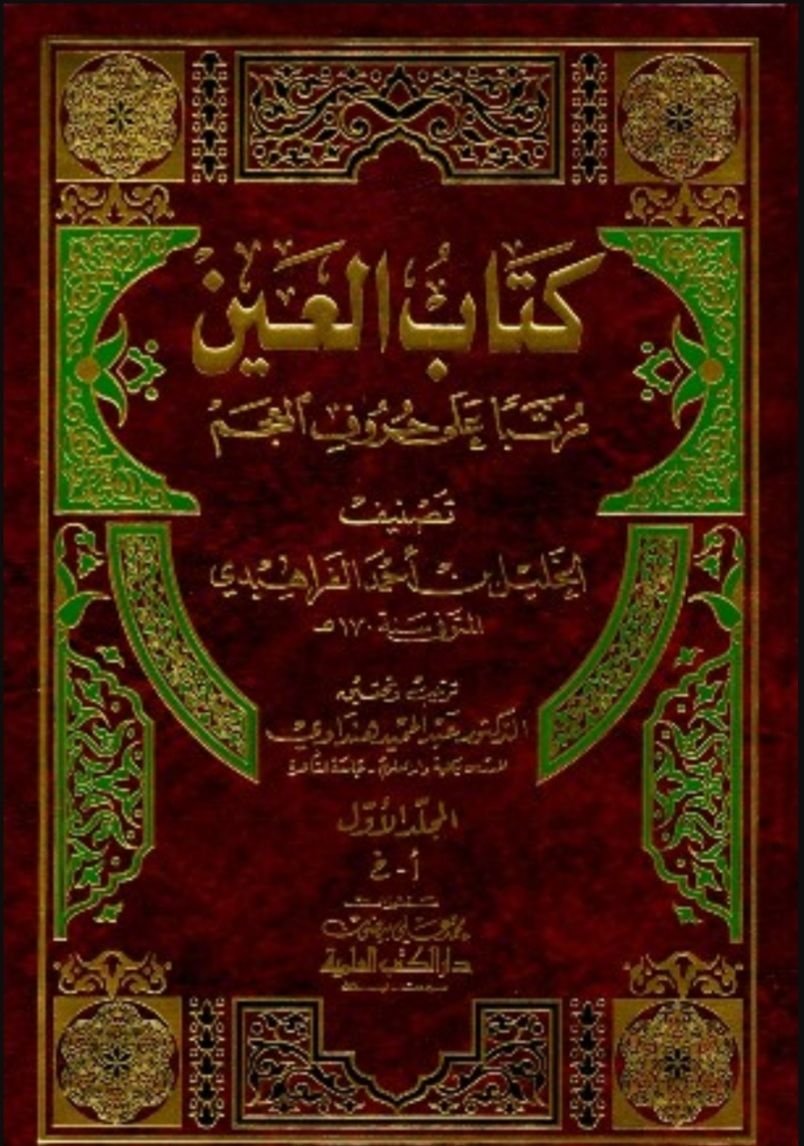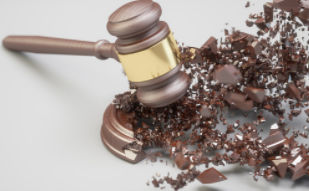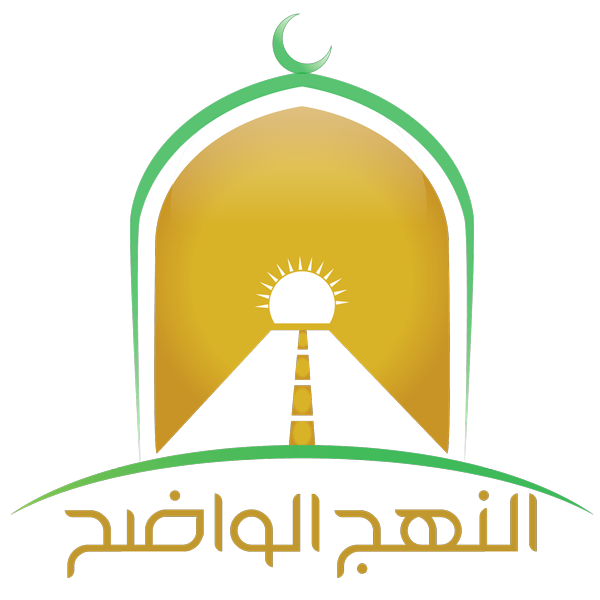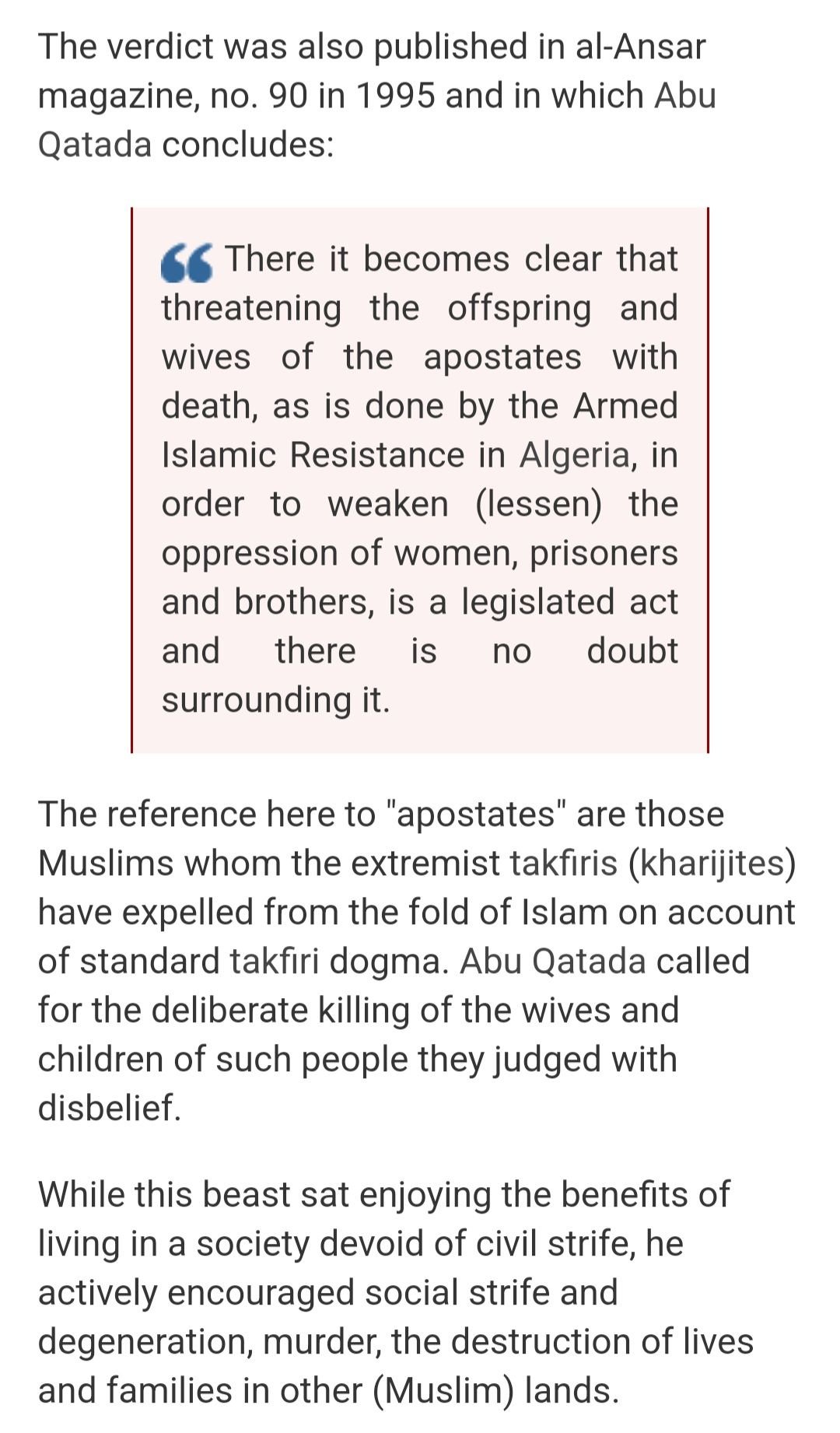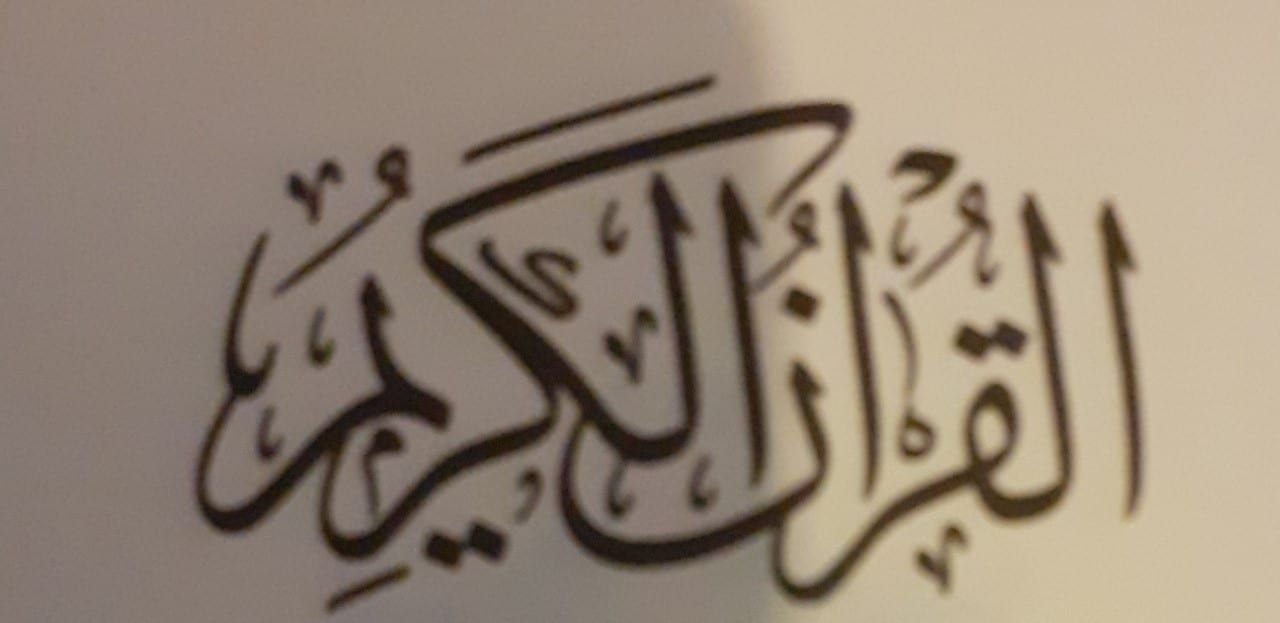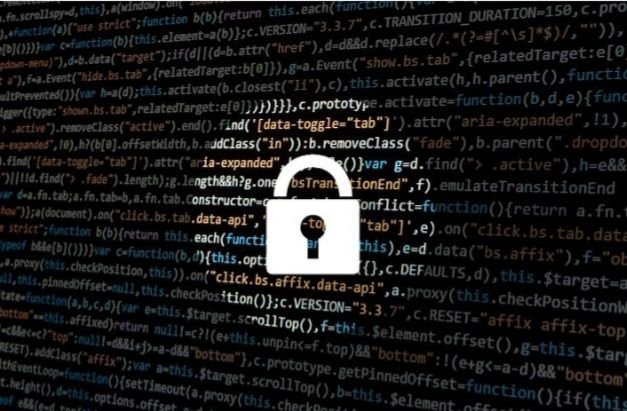[Part 5] Observations on Dr Ibraaheem Ar-Ruhayli – Shaikh Rabee Asked him to Explain the Generalities, Give Examples & Proofs, & Refrain from Placing Restrictions Not Mentioned By The Salaf Regarding Refutations
In The Name of Allaah, The Most Merciful, The Bestower of Mercy
Dr Ibraaheem Ar-Ruhayli carried on with his discussion and this time he addressed the subject matter of refutation, the refuter and the one refuted from another angle- stating that in a refutation, consideration has to be given to the differences between those in opposition to the truth, such as the level of the error, and the religious and worldly status of the Mukhaalif (i.e. the one who is upon an error that is in opposition to the truth).
Dr Ibraaheem also stated that consideration should be given to what triggered (or caused) the Mukhaalafah (i.e. the mistake or error that is in opposition to the truth), as to whether it was due to ignorance, or due to desires and innovation, or due to incorrect use of words (expressions etc), or due to a slip of the tongue, or due to being influenced by a Shaikh or the people of the country, or due to at-Taweel (erroneous or false interpretation of the texts), or other than these many reasons that are in opposition to the Islamic legislation. Then Dr Ibraaheem stated that the one who does not make a note of these different affairs and take them into consideration whilst engaged in refutation, he may either fall into some negligence or exaggeration-making his speech either not beneficial to others or end up having little benefit.
Response:
Shaikh Rabee Bin Haadi responded to the above statement of Dr Ibraaheem Ar-Ruhayli, saying that this entire statement is based on [Ijmaalaat –generalities], so we hope that Dr Ibraaheem will explain these generalities, give examples and establish proofs for them; but if not, many of the readers will fall into confusion. The one who approves these statements (i.e. those restrictions whose necessary explanations, examples and proofs have not been provided by Dr Ibraaheem) will refrain from giving sincere advise due to the presence of those (unwarranted) restrictions (stated by Dr Ibraaheem in the subject matter of refutations).
Then Shaikh Rabee stated: Is it that if a scholar or a student of knowledge sees a people making [Istighaatha- beseeching for help from other than Allaah and offering sacrifice to those beseeched besides Allaah(1)], and so on; is it then obligated on him (i.e. that scholar or student of knowledge) to know the differences between those people who are committing that deed and what led them to that deed? (i.e. does this scholar or student firstly have to know their different statuses in the religion and their worldly status, and what led them to that evil before rejecting the deed and explaining that what they are doing is wrong etc ?!) Does the book of Allaah and the Sunnah of the Messenger (sallal-laahu-alayhi-wasallam) indicate to this? Allaah (The Most High) stated:
فَإِن تَنَازَعْتُمْ فِي شَيْءٍ فَرُدُّوهُ إِلَى اللَّهِ وَالرَّسُولِ إِن كُنتُمْ تُؤْمِنُونَ بِاللَّهِ وَالْيَوْمِ الْآخِرِ ۚ ذَٰلِكَ خَيْرٌ وَأَحْسَنُ تَأْوِيلًا
(And) if you differ in anything amongst yourselves, refer it to Allah and His Messenger, if you believe in Allah and in the Last Day. That is better and more suitable for final determination. [4:59]
The Messenger (sallal-laahu-alayhi-wasallam) said:
‘Whosoever of you sees an evil deed, then let him (stop) it with his hand. If he is unable to do so, then let him (stop it) with his tongue. If he is unable to do so, then with his heart (i.e. hate it, consider it to be wrong and keep away from it) and this is the weakest of Eemaan. [2]
The Messenger (sallal-laahu-alayhi-wasallam) did not bring any of those restrictions that have been mentioned by Dr Ibraaheem. And despite the numerous books of the Salaf and the numerous statements in them about refuting bidah and evil affairs, we do not find intense restrictions in them.
Yes, it is incumbent that the refutation carried by a scholar is based on evidences from the Qur’aan and the (authentic) Sunnah, together with an appropriate manner fit for the purpose, which may either require leniency and gentleness (sometimes) or force against the one who is haughty and obstinate (at other times). Both these approaches do not negate wisdom, for indeed wisdom is to place something in its rightful place. However, this does not make it obligated on the refuter to know what led to the bidah or the act of disobedience because that is only known to Allaah. The Messenger (sallal-laahu-alayhi-wasallam) said, ”I have not been ordered (by Allah) to search the hearts of the people or cut open their bellies (i.e. to seek after what is hidden, when it is the fact that those things are only known to Allaah)”[Saheeh Al-Bukhaari’ Vol 5; Hadeeth Number: 4351]
Ameerul Mumineen Umar Ibnul Khattaab (radiyallaahu-anhu) said: “People were (sometimes) judged by the revealing of a Divine Inspiration during the lifetime of Allah’s Apostle but now there is no longer any more (new revelation). Now we judge you by the deeds you practice publicly, so we will trust and favour the one who does good deeds in front of us, and we will not call him to account about what he is really doing in secret, for Allah will judge him for that; but we will not trust or believe the one who presents to us with an evil deed even if he claims that his intentions were good.” [3]
Therefore, it is incumbent to make affairs easy for the callers to Allaah and those who defend Allaah’s religion (i.e. do not place unwarranted restrictions in front of them when they refute the opposers of truth). The Messenger (sallal-laahu-alayhi-wasallam) said: ”Make things easy for the people, and do not make things difficult for them and give them glad tidings and do not repel them.” [Saheeh Al-Bukhaari’ Vol 1; Number 69]
Just as the callers to Allaah should facilitate ease [i.e. within the boundaries of the Islamic legislation], likewise ease should be facilitated for them [i.e. within the boundaries of the Islamic legislation] when they disapprove of evil. They are not to be accused of Tashaddud [i.e. that they are over-stringent, when it is the case that the one who accuses them has provided no evidence to justify his accusation] and Ghluww [i.e. that they are extreme- going beyond the boundaries of the Islamic legislation, when it is the case that the one who hurls this accusation at them has provided no evidence to justify his accusation], which they are being accused of at present by this accuser [i.e. Al-Halabi, Al-Maribi etc] in order to oppose and revile Ahlus Sunnah. It is not permissible to place obstacles in front of Ahlus Sunnah, which will weaken their resolve in spreading the truth and defending it. The Messenger (sallal-laahu-alayhi-wasallam) said:
”You have indeed been sent to make things easy, and you have not been sent to make things difficult.” [Abu Dawud Number 380]
Placing numerous heavy restrictions in front of those who refute the people of desires and misguidance is from the severest types of making affairs difficult and the furthest from facilitating ease.
[Source: Bayaan Maa Fee Naseehati Ibraaheem Ar-Ruhayli Minal Khalal Wal-Ikhlaal’ pages 50-53 Paraphrased and abridged]
To be continued…In-Shaa-Allaah
——————————————————————————————————————–
[1] Istighaatha: To seek rescue and deliverance, either from the dead or from those who are living but are not present and able to give aid and rescue, then this is shirk. This is because it will not be done except by one who believes that those people have some unseen control over the creation, and they have therefore attributed to them a share of Lordship that is for Allaah [The Most High] alone. Allaah [The Most High] says:
أَمَّن يُجِيبُ الْمُضْطَرَّ إِذَا دَعَاهُ وَيَكْشِفُ السُّوءَ وَيَجْعَلُكُمْ خُلَفَاءَ الْأَرْضِ ۗ أَإِلَٰهٌ مَّعَ اللَّهِ ۚ قَلِيلًا مَّا تَذَكَّرُونَ
Is not He (better than your gods) Who responds to the distressed one, when he calls Him, and Who removes the evil, and makes you inheritors of the earth, generations after generations. Is there any ilah (god) with Allah? Little is that you remember! [27:62] [Source: Explanation of the Three Fundamental Principles of Islaam’ page 111’ by Abu Talhah (may Allaah have mercy upon him and his wife)
Sacrifice:
Sacrifice is to kill by spilling the blood of the animal in a particular manner, and it is done for number of reasons:
[a] It is done as an act of worship, such that he (i.e. the person) intends by it veneration of the one for whom he sacrifices, and intends it as an act of submission to Him and a means of nearness to Him. So this may not be done except for Allaah [The Most High] and has to be done in a manner which Allaah Allaah, [The Most High] has prescribed. Directing it to other than Allaah is major shirk and the evidence (as mentioned by the author) is the saying of Allaah [The Most High]:
قُلْ إِنَّ صَلَاتِي وَنُسُكِي وَمَحْيَايَ وَمَمَاتِي لِلَّهِ رَبِّ الْعَالَمِينَ
لَا شَرِيكَ لَهُ
Say (O Muhammad): “Verily, my Salat (prayer), my sacrifice, my living, and my dying are for Allah, the Lord of the ‘Alamin (mankind, jinns and all that exists). “He has no partner. And of this I have been commanded, and I am the first of the Muslims.” [6:162-3]
[b] It is done out of hospitality for the guest, or for as weddng feast (waleemah) or the like, then this is something commanded, either as an obligation or a recommendation, as he (sallal-laahu-alayhi-wasallam) said: Whoever truly believes in Allaah and the last day, then let him treat the guest honourably.
[c] It is done to provide food charitably, or sell the meat and so on, then this falls under that which is permissible and is in principle according to the saying of Allaah [The Most High]
أَوَلَمْ يَرَوْا أَنَّا خَلَقْنَا لَهُم مِّمَّا عَمِلَتْ أَيْدِينَا أَنْعَامًا فَهُمْ لَهَا مَالِكُونَ
وَذَلَّلْنَاهَا لَهُمْ فَمِنْهَا رَكُوبُهُمْ وَمِنْهَا يَأْكُلُونَ
Do they not see that We have created for them of what Our Hands have created, the cattle, so that they are their owners. And We have subdued them unto them so that some of them they have for riding and some they eat. [36:71-2] [Source: Explanation of the Three Fundamental Principles of Islaam’ page 113-114’ by Abu Talhah (may Allaah have mercy upon him and his wife)
[2] Shaikh Rabee says: So whoever among them (i.e. those students of knowledge) has Sultaan (i.e. authority given to him by the law of the land or the authorities), then it is obligated on him to stop these evil affairs with his hand and tongue. The one who does not have Sultaan (i.e. authority given to him by the law of the land or the authorities), then it is obligated on him to stop these evils with his tongue, his pen (i.e. through writing) or his stature (amongst the people). Then Shaikh Rabee said: I do not think that either a scholar or a student of knowledge would be in opposition in this (affair). See link http://salaficentre.com/2015/12/part-4-observations-on-dr-ibraaheem-ar-ruhayli-sh-rabee-unveils-the-reality-behind-a-statement-of-dr-ar-ruhayli-regarding-refutations/
[3] Faa’idah from Imaam Abdul-Azeez Bin Baaz (rahimahullaah) regarding on the narration by Umar (radiyallaahu-anhu). The Shaikh said: ‘’Whoever manifests good, it will be accepted from him and a good suspicion is held about him. And if he manifests evil, it will be held against him and an evil suspicion is held about him.” Al-Hulalul Ibreeziyyah Min At-Taleeqaat Al-Baaziyyah Alaa Saheeh Al-Bukhaariy page:397 Vol 2 footnote 1]



